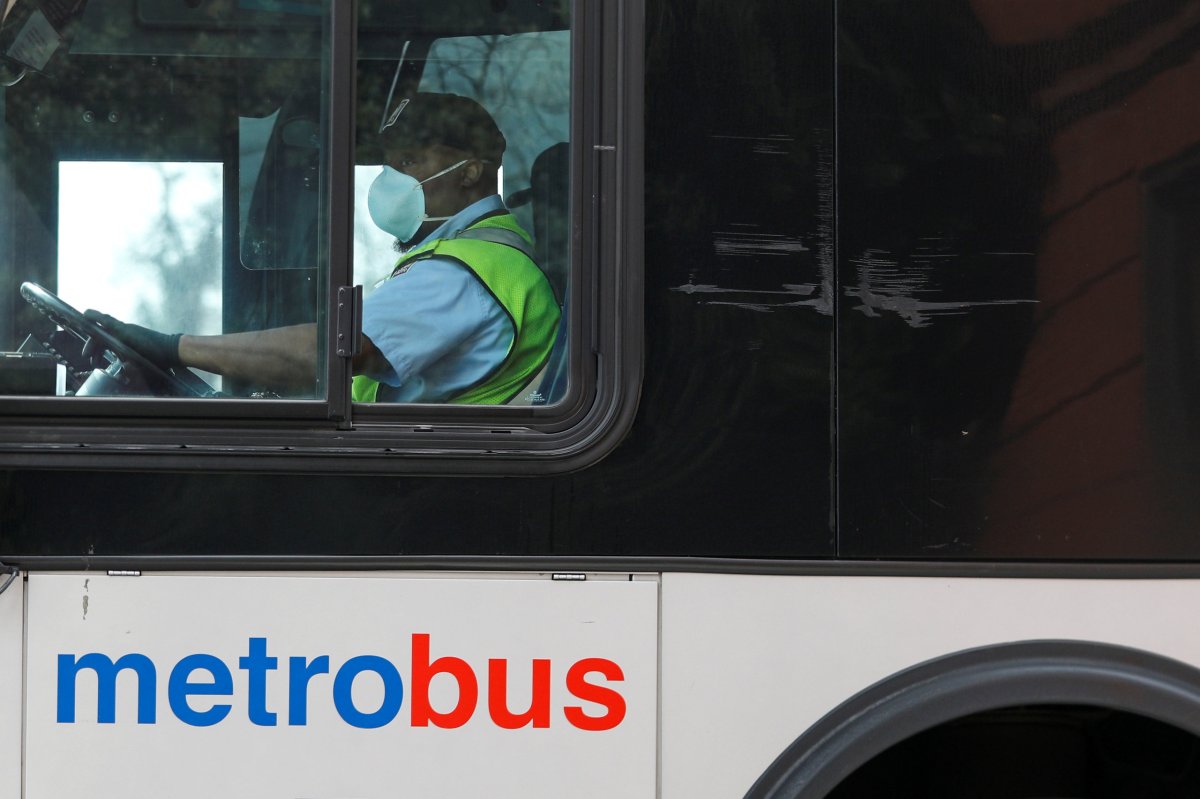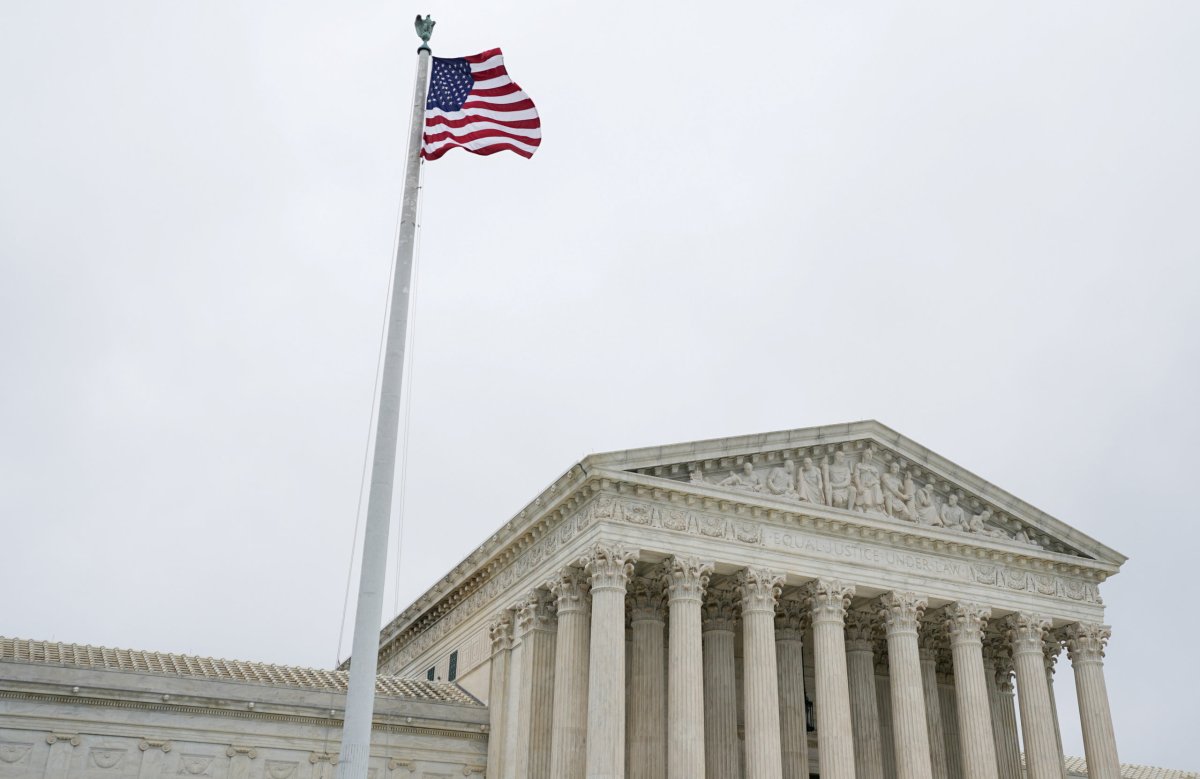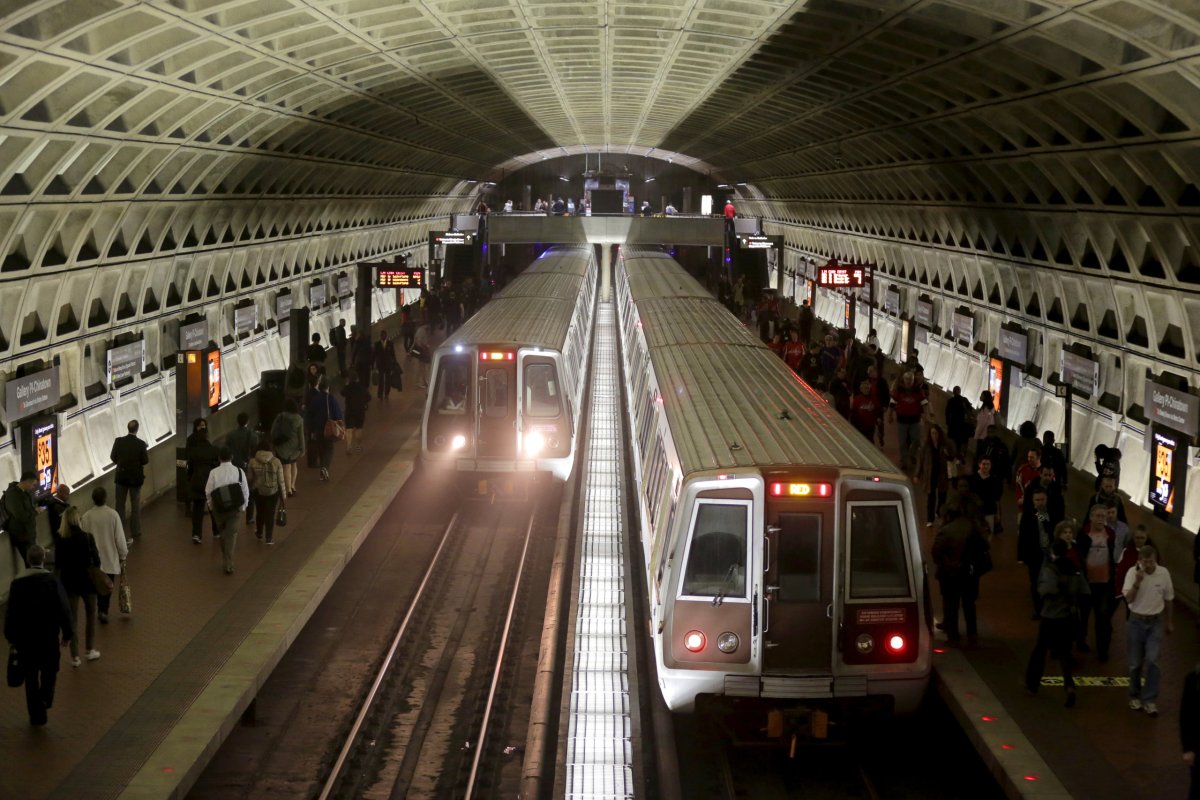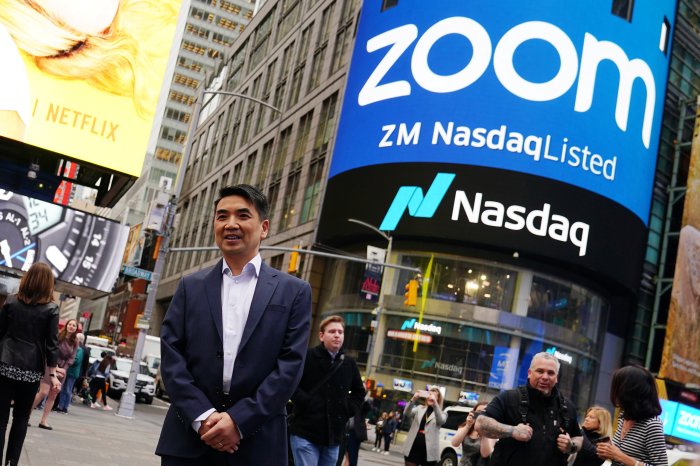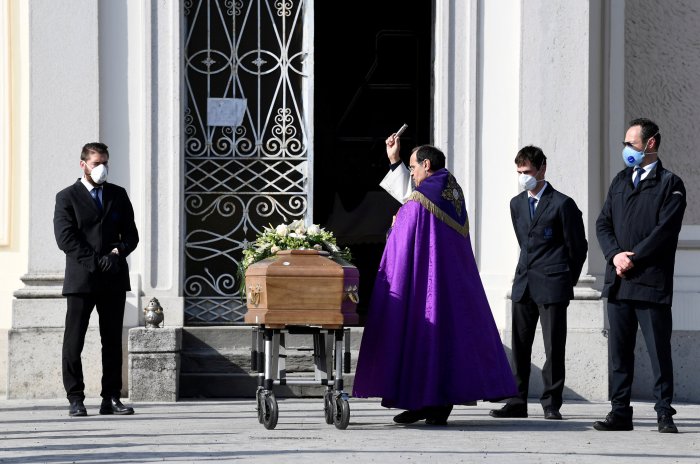WASHINGTON (Reuters) – The U.S. Supreme Court on Monday declined to hear a religious rights dispute brought by the Roman Catholic Archdiocese of Washington against the Washington area transit authority over its policy barring advertisements in its stations and on buses and trains on divisive issues including religion.
The conservative-majority court, usually receptive to religious rights claims, declined to review the Washington Metropolitan Area Transit Authority’s 2015 policy that bars political, religious and advocacy advertisements in the transportation system that serves the U.S. capital region.
One of the nine justices, conservative Brett Kavanaugh, would not have been able to participate due to his prior service on a court that previously dealt with the case. That means the Supreme Court could have turned out to be split 4-4 between its liberal and conservative justices, leaving the conservative majority unable to ensure a victory in the case.
“Because the full court is unable to hear this case, it makes a poor candidate for our review,” conservative Justice Neil Gorsuch wrote in a statement regarding the court’s action.
If Kavanaugh had participated “our intervention and a reversal would be warranted,” Gorsuch added.
A federal judge in Washington declined to impose an injunction blocking the advertisement policy. The decision was upheld in 2019 by the U.S. Court of Appeals for the District of Columbia Circuit, which ruled that the policy did not discriminate against religious entities.
Archdiocese officials argued that the transit agency’s policy violated religious and free speech rights guaranteed under the U.S. Constitution’s First Amendment as well as a federal law called the Religious Freedom Restoration Act that protects religious rights.
The legal fight stemmed from the archdiocese’s unsuccessful attempt to buy advertisements in 2017 just before Christmas. The proposed advertisement, to be placed on the side of buses, featured an image of three shepherds and a shining star in a reference to events surrounding the birth of Jesus Christ as described in the Bible.
Archdiocese officials did not deny that the advertisements were of a religious nature, saying they were intended to spread a Christian message.
Archdiocese lawyers argued that the transit agency applied the policy inconsistently, noting that the agency approved advertisements promoting Christmas shopping placed by commercial entities.
(Reporting by Lawrence Hurley; Editing by Will Dunham)

